Beyond benchmark measures like employment, growth, and inflation, economics encompasses the full spectrum of humanity. It affects—and reflects—everyone.
Central bankers may be most acutely aware of this, as well as the high cost for people should they falter in charting the policies to keep prices stable and workers employed.
For interest-rate setters and anyone else pondering whether steering an economy has ever been so complicated or more consequential, recent books build out the literature on the most essential subject: how economics can be a tool to improve people’s lives. They also reflect new voices on civil society, tax reform and gender equality, as shown by the latest reviews in the IMF’s quarterly magazine, Finance & Development.
From China-US ties and climate change to broadening gauges of economic growth, below is a selection of new books reviewers have recently highlighted in F&D’s pages.
Made in China: When US-China Interests Converged to Transform Global Trade
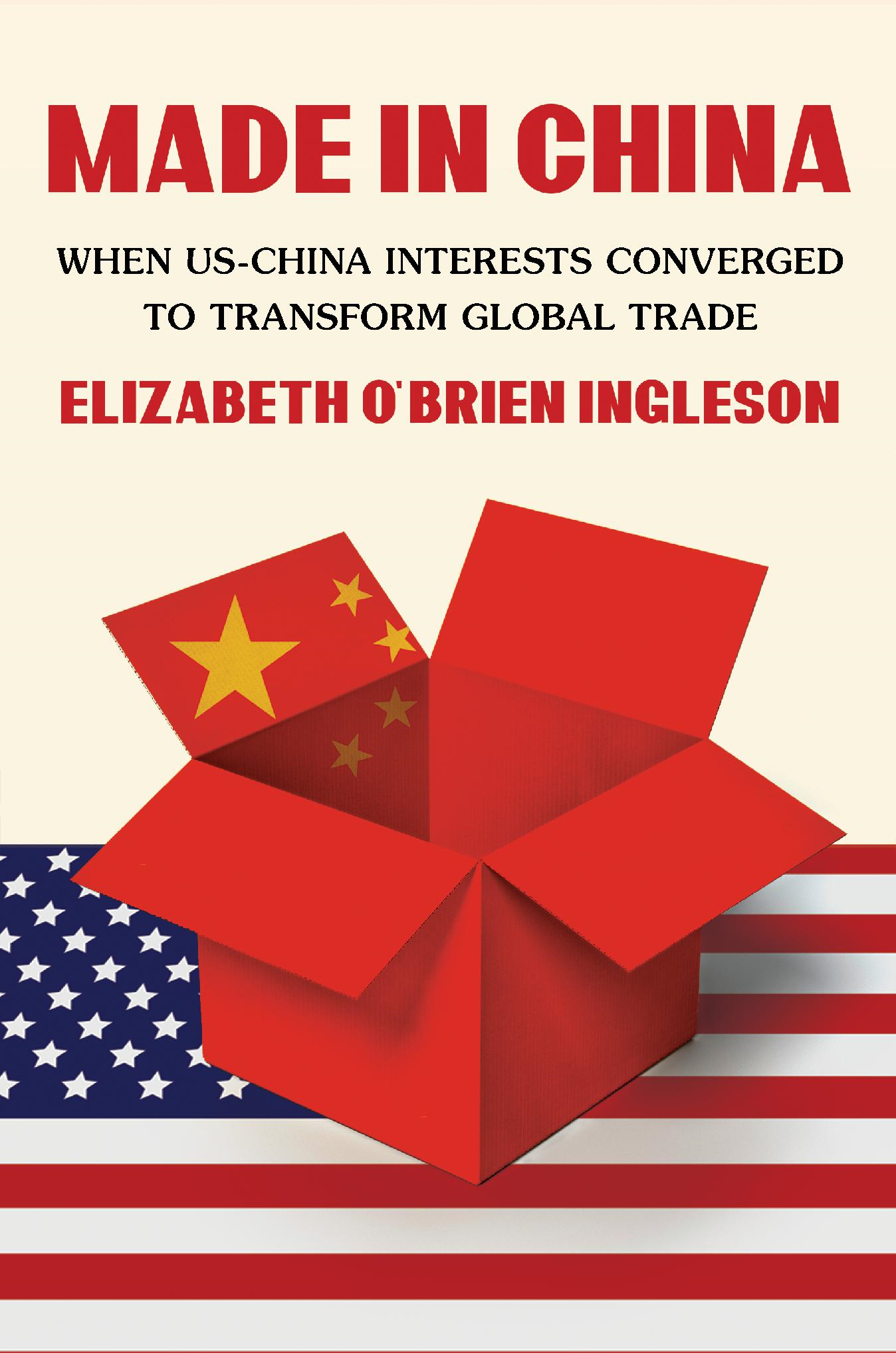
Elizabeth O’Brien Ingleson traces the cultural, diplomatic, and economic factors that shaped China’s 1970s transformation and its relationship with the United States. She describes how these factors played out in each country and in relation to each other to answer broader and more fundamental questions—not only about why China converged with US capitalism but also why American capitalists incorporated China into their vision of the future.
Slow Burn: The Hidden Costs of a Warming World
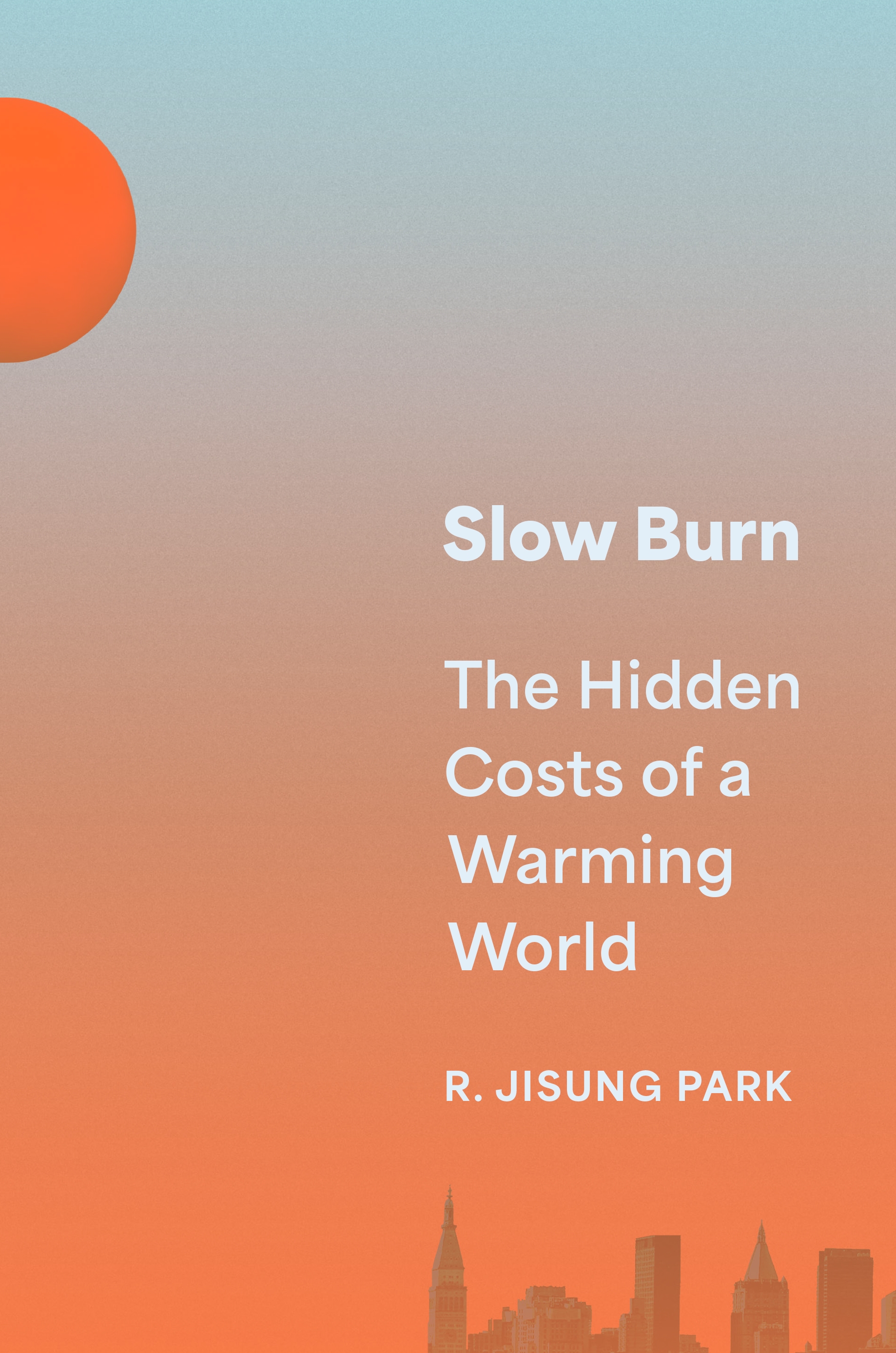
R. Jisung Park documents how climate change affects human welfare and the global economy. Higher temperatures are reflected in everything from standardized testing and professional tennis to manufacturing and crime rates. “Hotter temperatures,” Park argues, “may already be affecting companies’ bottom lines,” and climate change has the potential to “significantly alter the economic playing field.”
A Taxing Journey: How Civic Actors Influence Tax Policy
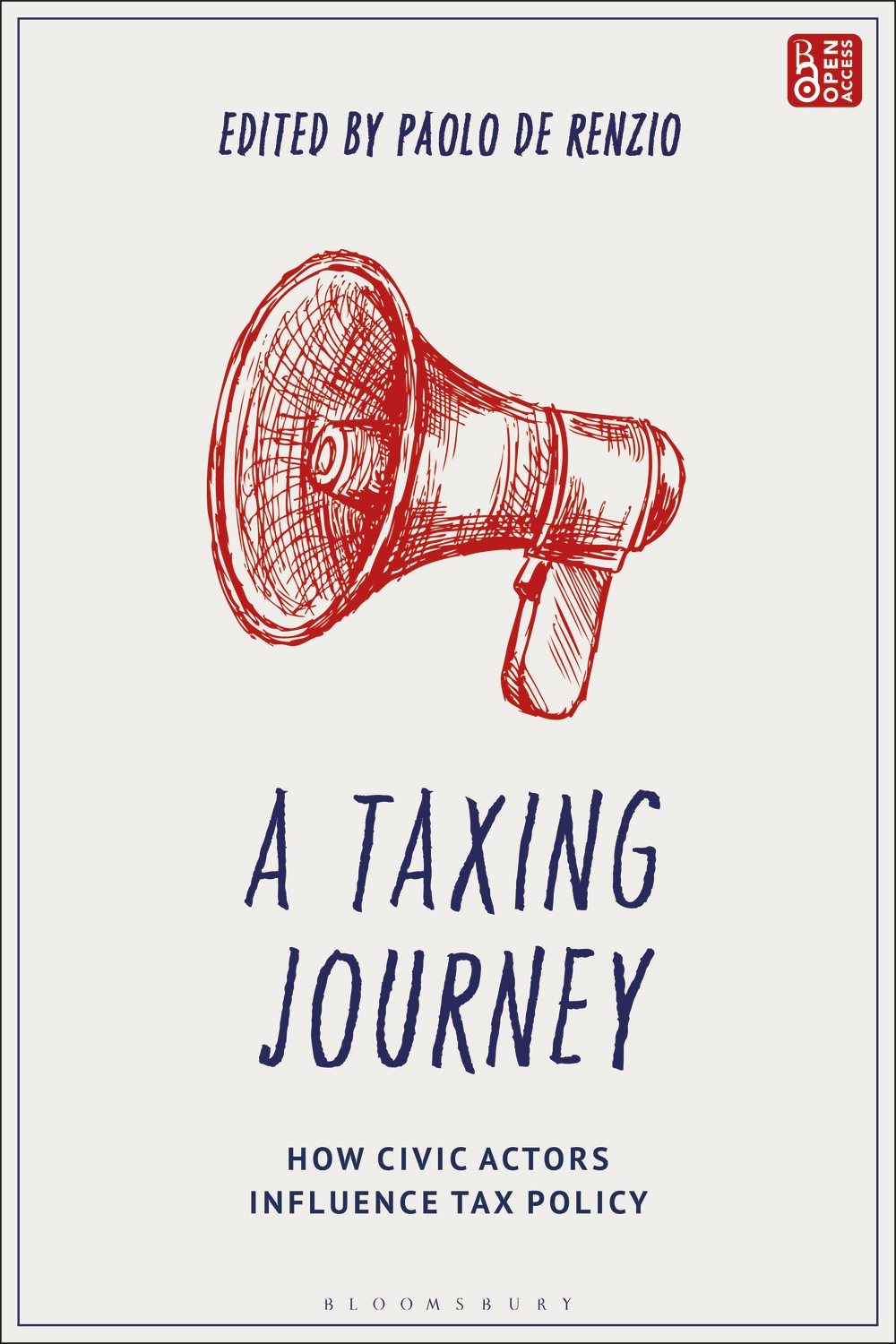
Paolo de Renzio shows how nongovernmental and civil society organizations influence tax reforms, based on case studies in countries at various stages of economic and institutional development. This book is part of a broader rethinking about tax policy, touching on a wide range of real-world examples, from former public officials in Guatemala holding an opaque and ineffective tax administration to account to a campaign for higher taxes on alcohol and tobacco in the Philippines.
Women Money Power: The Rise and Fall of Economic Equality
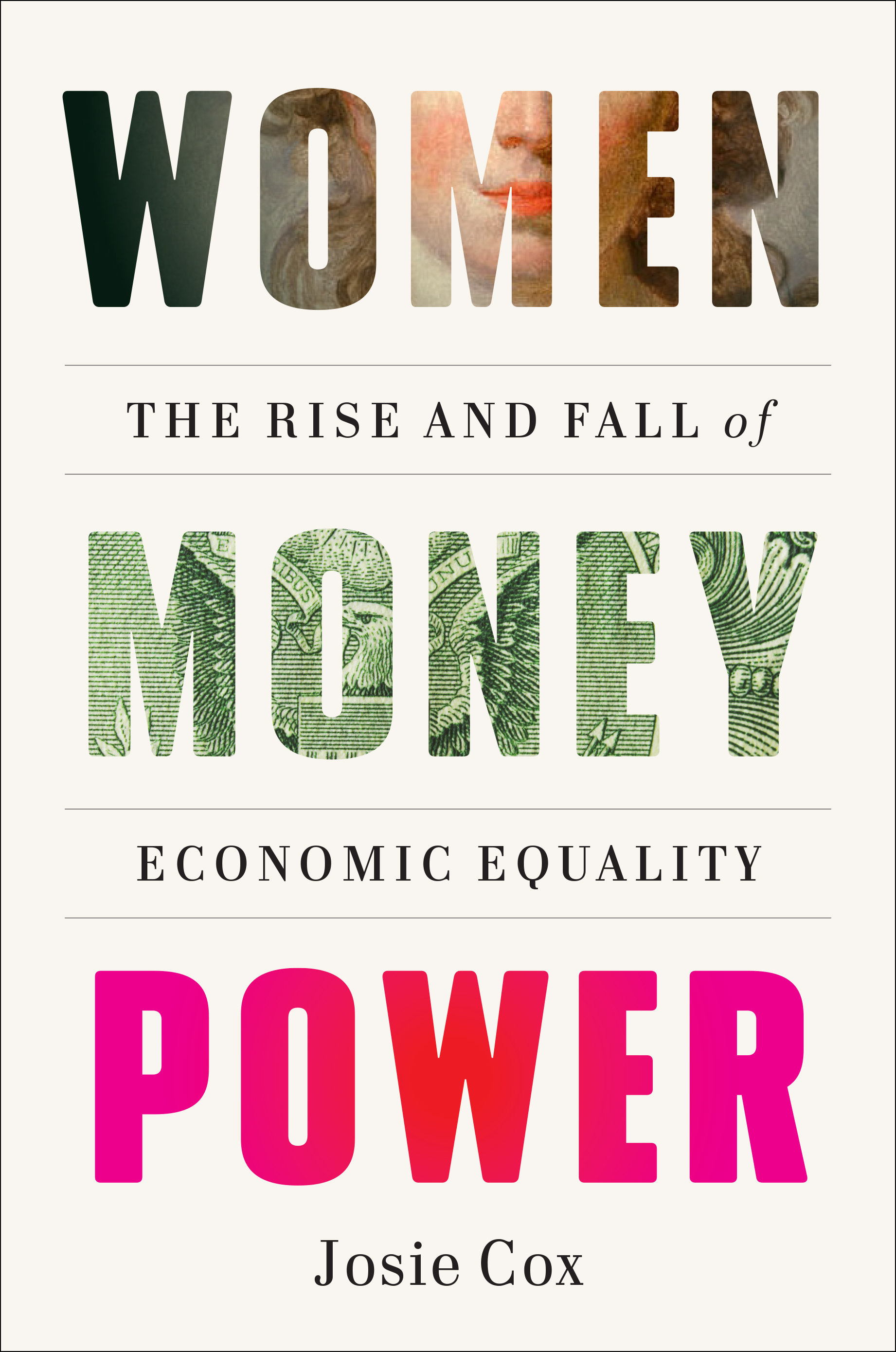
Josie Cox weaves together powerful stories and memorable statistics in a deeply researched exploration of gender, wealth, and social influence. One of the book’s strengths is its comprehensive analysis of longstanding structural and cultural barriers that hinder women’s economic advancement.
Growth: A History and a Reckoning
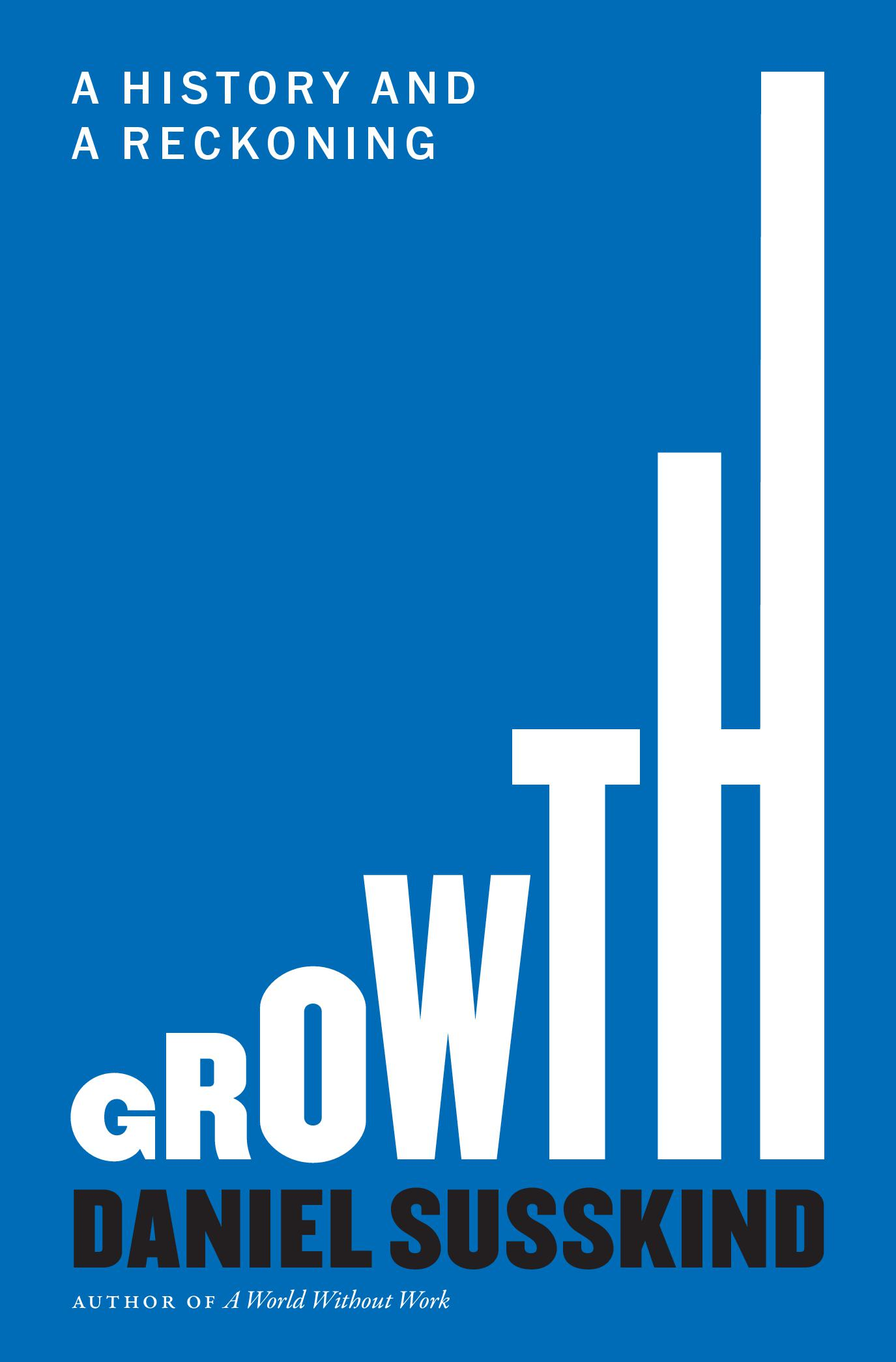
Daniel Susskind aims to persuade readers that economic policy should broaden its focus from aiming primarily to boost economic growth to considering the costs of such growth as well. The reviewer writes that the book is part of a growing body of literature that calls for economic policy to broaden its focus beyond income.
Keynes’s Economic Consequences of the Peace after 100 Years: Polemics and Policy
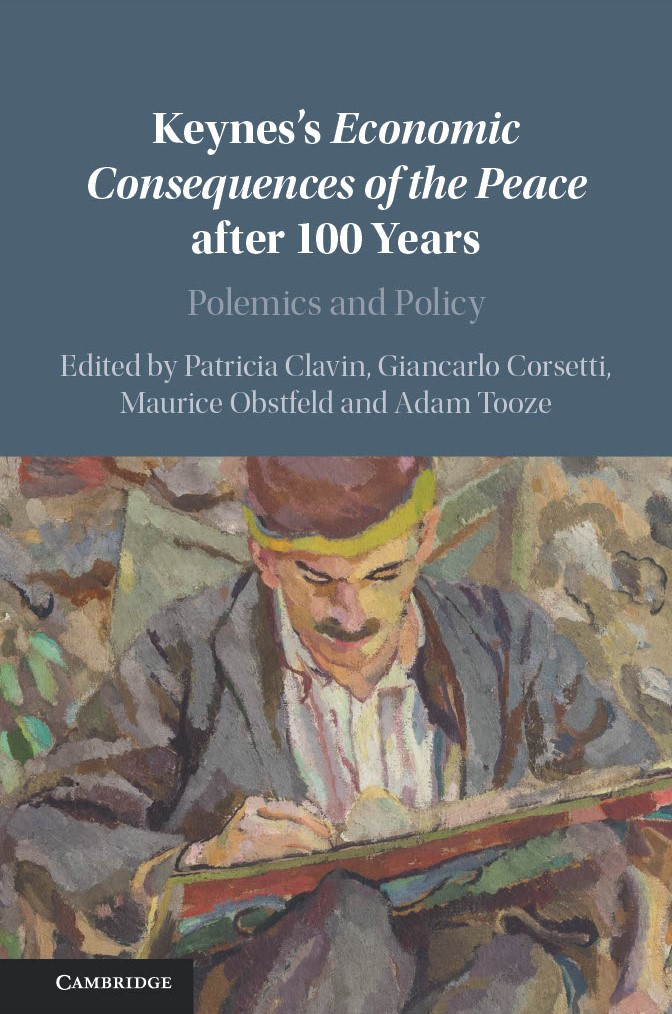
The Economic Consequences of the Peace by John Maynard Keynes is one of the rare volumes deserving notice a century after publication. This new collection of essays, edited by Patricia Clavin, Giancarlo Corsetti, Maurice Obstfeld, and Adam Tooze, examines the lasting influence of the 1919 book that presaged the wider and bloodier conflict that would engulf Europe two decades later.
—Subscribe here for F&D’s agenda-setting explorations of economic and financial issues.




